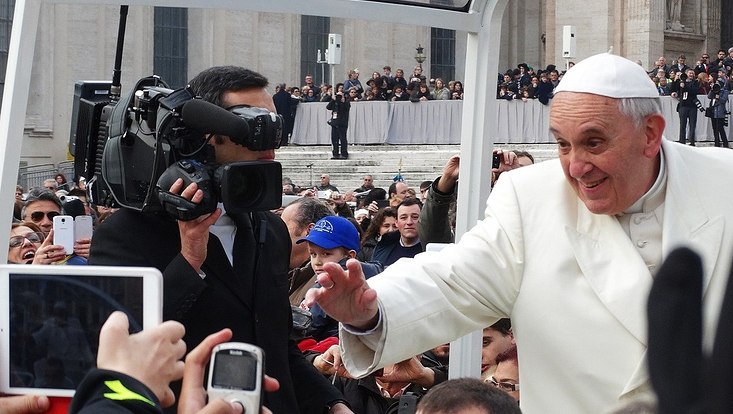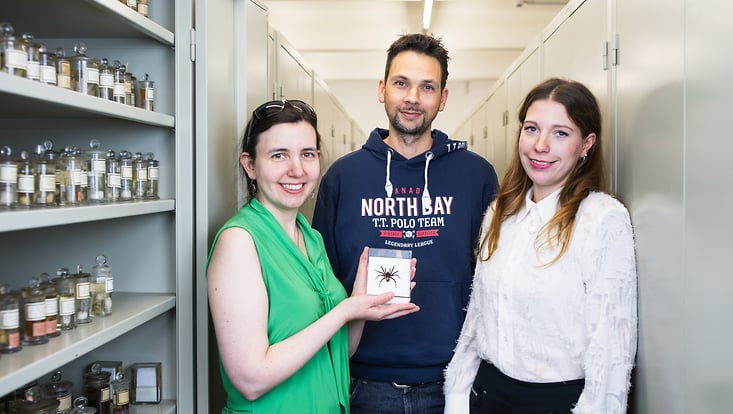Study on the Vatican’s political influencePope’s Visit Improves Human Rights in Host Country
11 March 2024, by Newsroom editorial office

Photo: pixabay/reynaldodallin
When a country receives a lot of media attention, for example, during a World Cup, its government does more to protect human rights. Visits by the pope also improve a country’s human rights record, according to a current study by Prof. Dr. Jerg Gutmann at Universität Hamburg and Dr. Marek Endrich at the Free University of Brussels. The team’s findings have been published in the journal Comparative Political Studies.
Before Pope John Paul II traveled to Cuba in 1998, the Catholic Church created a list of the country’s political prisoners to be freed. Around half of them were freed immediately or shortly following the visit. And before the Pope’s visits in 2012 and 2015, the Cuban government freed roughly 3,000 prisoners—after the visit had been announced publicly. The findings in the study Pacem in Terris: Are Papal Visits Good News for Human Rights? reveal that these are no exceptions.
To understand how the Pope’s visits impact human rights in the host country, the researchers looked at the strategic interaction between the Catholic Church and the host countries. Their theory is that the Pope expresses praise or criticism while traveling in the hope of encouraging governments to improve their own human rights record before he actually visits. To test this theory, they analyzed all of the Pope’s visits outside of Italy since 1964. Their analysis showed that the protection of human rights in democracies significantly increased before the Pope visited.
Media is the reason
“This can be explained by the fact that international media reports around the time the Pope visits focus more intensively on the host country’s human rights situation than in other periods,” says Gutmann. One reason is that since the Second Vatican Council, which began in October 1962, the Catholic Church has made the international protection of human rights one of its major goals.
The empirical study could show significant improvement only in democracies. Test cases from autocracies, however, also showed that host governments made strategic concessions with regard to human rights prior to the Pope’s visits—not only in Cuba but also in the 1980s and 1990s when the Pope visited the Philippines.
Original publication:
Endrich, M. & Gutmann, J. (2024). Pacem in terris: Are Papal Visits Good News for Human Rights?, Comparative Political Studies


